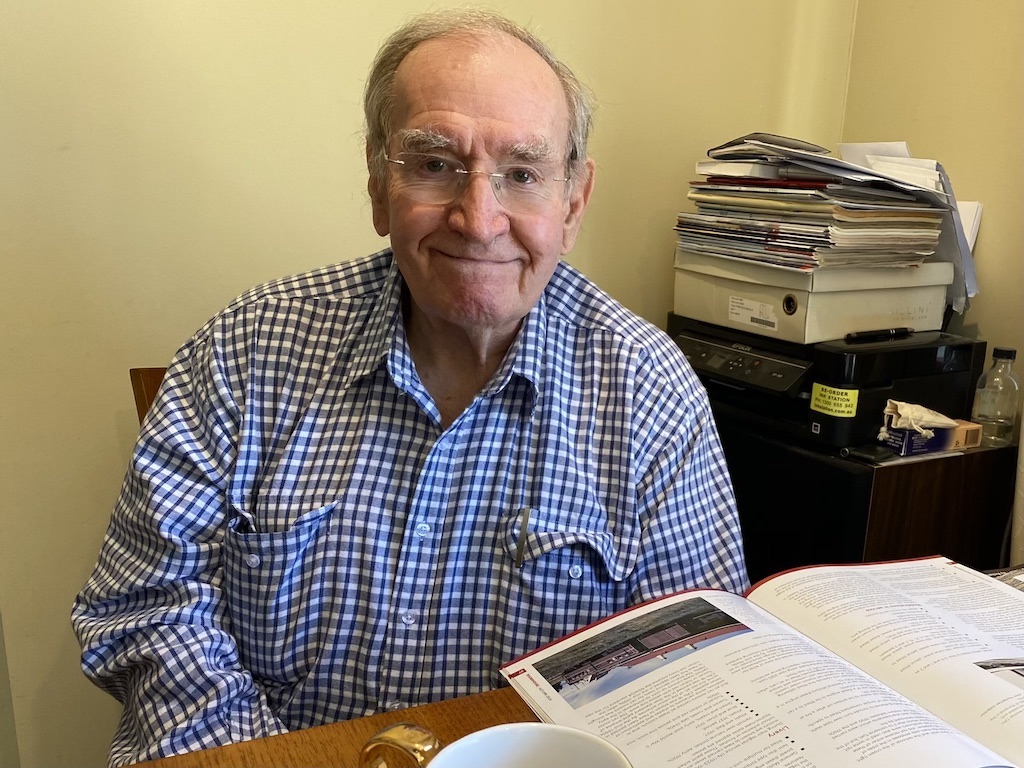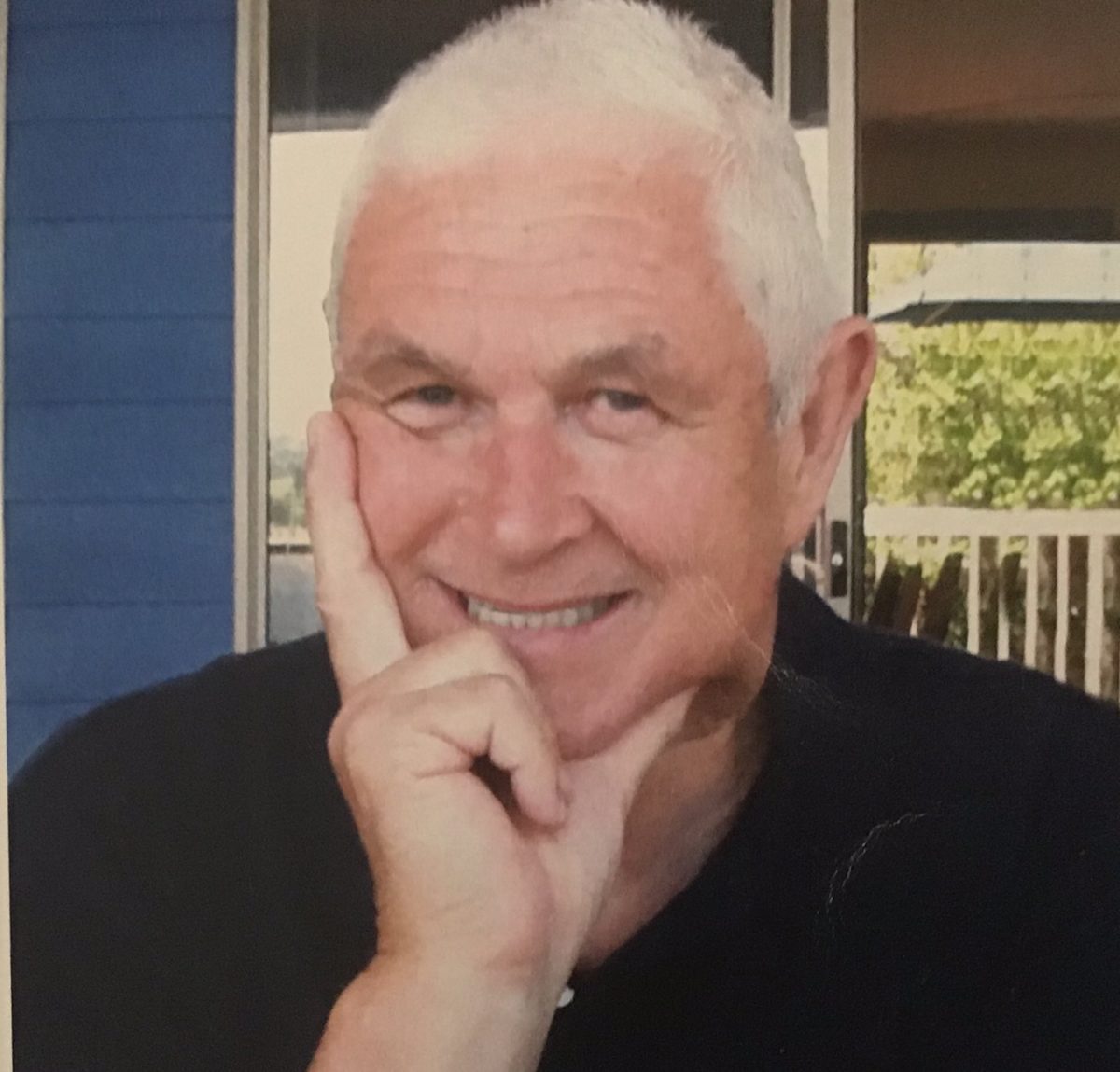
Over in a matter of minutes, two mini-strokes nevertheless left lingering doubts about some members of the medical profession for Ian Jeffrey. Photo: John Thistleton.
Having survived two mini-strokes, retired Goulburn man Ian Jeffrey reflects gratefully on his escape from long-term damage to his faculties and friendship with Ross Whittaker.
Older people shrug off their health risks or learn to live with them, most especially through the medically fraught ‘sniper’s alley’ decades between 50 and 70.
Ian was 70 when he had his first mini-stroke. That was in 2013, at the Workers Club for a meal with Ross, a close friend from their days working at the NSW Police Academy. Ian was a senior technician there; Ross was a clerk.
Ross had worked for the Department of Lands and also as a returning officer for local government elections. He was revered in basketball circles for his exceptional organisational skills. The local arena carries his name to this day.
Ross, who died in 2019 aged 83, was also a keen punter. Before they ordered their meals at the club Ross said to Ian: “Do you mind me putting a bet on?”
Ian happily nodded his agreement, having no inkling of what was about to happen.
“I was sitting on a stool waiting for him and thought, my right leg has gone like jelly,” he said.
On his return Ross took one look at him and knew something was amiss, and Ian confirmed his fears. “I think I’m having a stroke or something like that,” Ian said.
Ross helped him to his feet and they struggled out to Ian’s car so Ross could take him home. Once there, Ross took Ian’s mobile phone, dialled triple zero and asked for an ambulance urgently.
“The only ambulance in Goulburn that day was out at Crookwell,” Ian said. “I had to wait half an hour for the ambulance to come into Goulburn.”
As the next 30 minutes ticked away the phone rang several times with someone on the other end assuring him the ambulance was on its way.

Ross Whittaker was highly valued in his work and among those who shared his passion for basketball. He was just the friend Ian Jeffrey needed when a mini-stroke took them both by surprise. Photo: Whittaker family.
By the time it had arrived, his leg had returned to normal. Nevertheless the ambulance drove him to the Goulburn Base Hospital where he underwent tests and observations. He was placed in a ward for five days.
“The only problem I had was a headache, a big headache that would not go away,” he said. “It may have started when I got the stroke.” Eventually it subsided.
His second mini-stroke came in August 2017 while at his sister-in-law Carol’s place for her birthday. “I was confusing my words,” he said.
His symptoms passed quickly, but after a couple of days he thought to be on the safe side he would go to hospital. An agreeable young doctor wanted to admit him, but was overruled by a supervising doctor who left Ian and his wife Kathy unimpressed.
“She [the senior doctor] kept calling him ‘Young Doctor’ and putting him down,” Kathy said. “I went back there and apologised to him.”
From there the Jeffreys had a frustrating time chasing up referrals and a heart monitor, exacerbated by a Canberra neurologist with a blunt manner who turned down the results of a magnetic resonance imaging (MRI) scan Ian had undertaken at Bowral. The specialist insisted on a fresh one being done in Canberra.
“I read that an MRI in Canberra was very expensive; in Bowral, Medicare covered it,” Ian said. He decided not to have the second MRI in Canberra.
As the months passed a new complication arrived with the outbreak of COVID-19, which made accessing Canberra services even more difficult.
Ian says his aphasia (difficulty with words) is more pronounced following his second mini-stroke. After learning a speech therapist in Goulburn was booked out, he declined following up a recommendation to see one.
“I can communicate OK and talk to you,” he said. After consulting several general practitioners in succession who left Goulburn, he is now seeing one regularly and restoring some of his faith in the medical profession.







